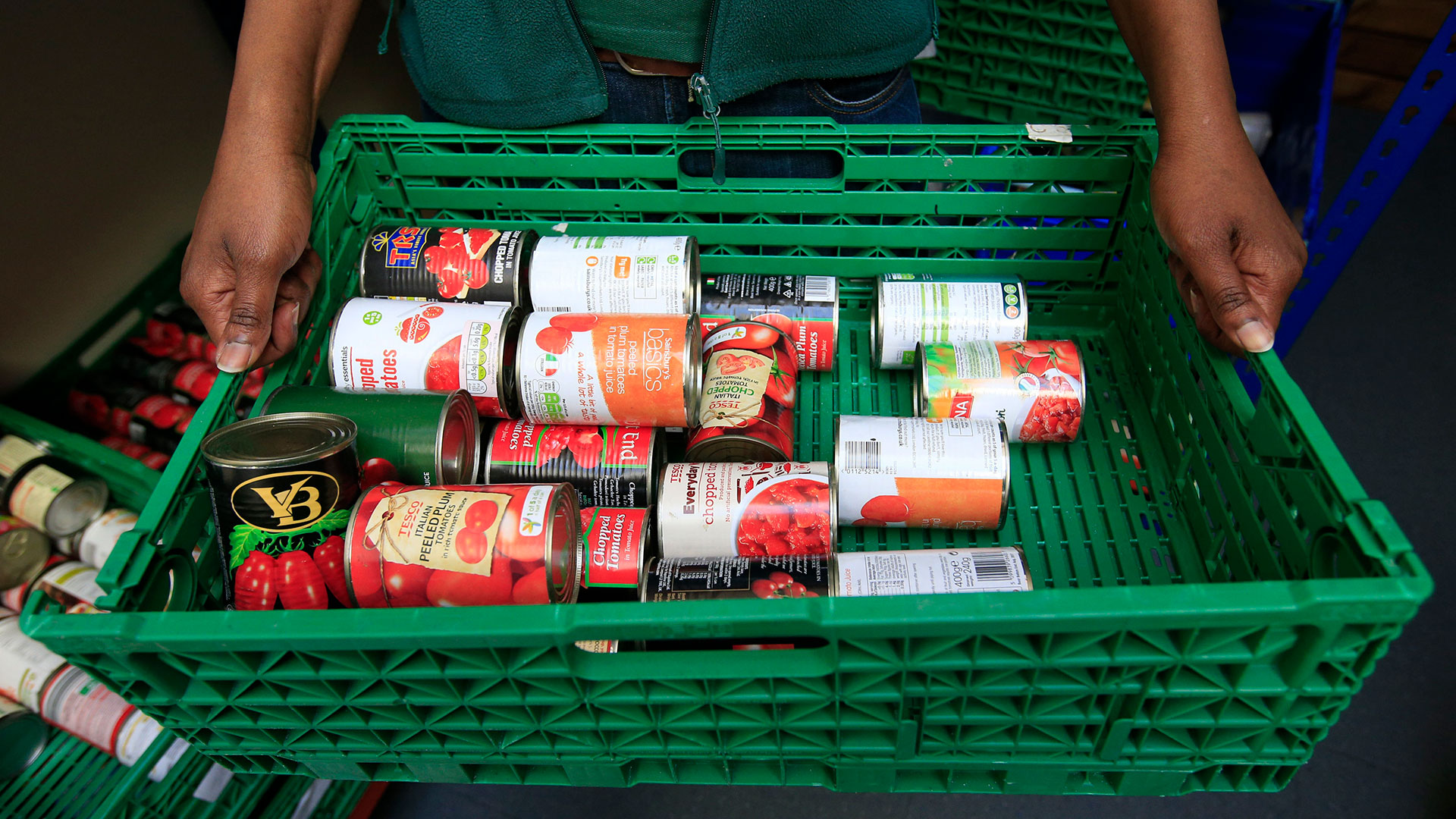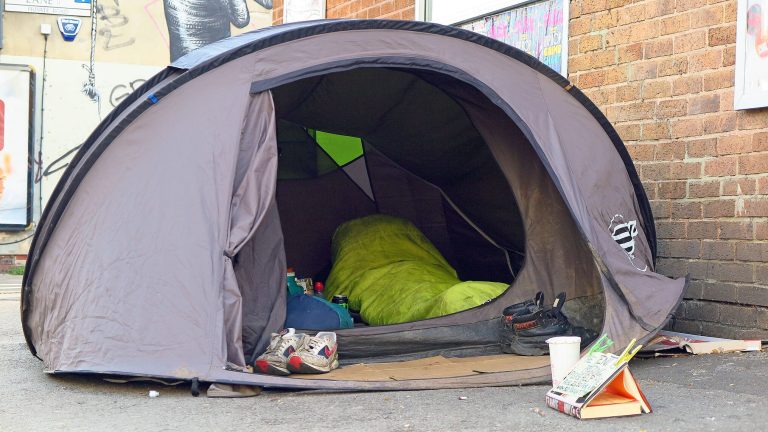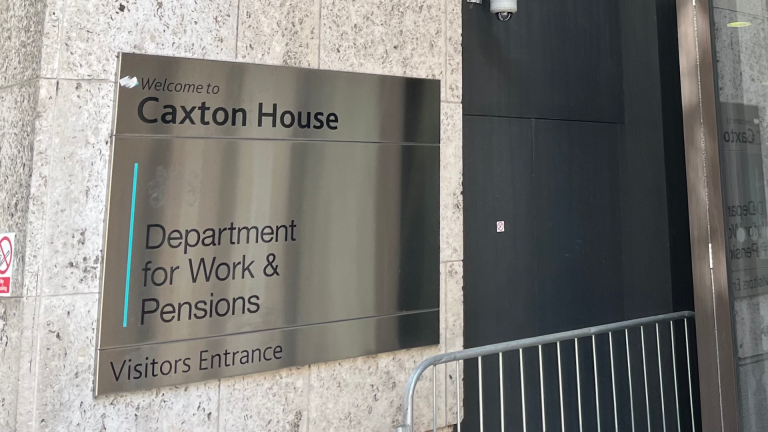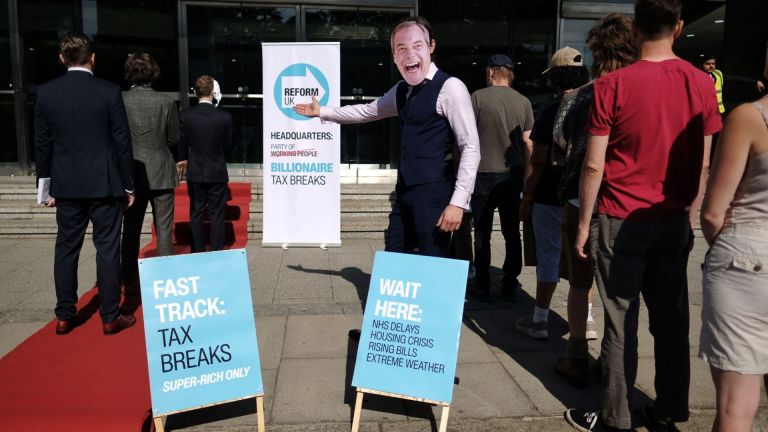Ifan said half of the 132 food banks it surveyed had expanded operations to cope with rising demand in April, taking on more volunteers and opening more venues. A third had increased the size of individual food parcels to support people for longer.
In recent years foodbanks have seen year-on-year increases in the number of households who need help accessing food as a result of austerity measures pushing more into poverty – but these figures are “significantly above” the expected annual increase.
Foodbanks “do a fantastic job getting immediate practical support to people in their communities,” Turn2Us welfare benefit expert Anna Stevenson said, but it shouldn’t be left to charities to “do the job our social security safety net should be doing”.
Campaigners dismayed by the figures – including Child Poverty Action Group, the Joseph Rowntree Foundation, StepChange, the Children’s Society and Turn2Us –are calling on ministers to arrange funding for local authorities in England to make sure cash grants can be quickly distributed to those in need. They said a temporary coronavirus emergency income support scheme is vital to provide effective support to people facing financial hardship with even more uncertainty in the months ahead for many.
This would bring the support available for English households more in line with schemes running in Scotland, Wales and Northern Ireland, which were found to be more effective at keeping children fed despite the loss of free schools meals by Human Rights Watch in an investigation released last week.
Advertising helps fund Big Issue’s mission to end poverty
IFAN coordinator and Big Issue Changemaker Sabine Goodwin said: “Our foodbank figures paint a grim picture of what is unfolding across the UK and the numbers of people having to resort to emergency food parcels to survive.
“But the solution to the escalating food insecurity crisis has never been the provision of charitable food aid. Everyone needs to be able to afford to buy food and the bare essentials. Our joint call details how this can start to be achieved and we urge the Government to act swiftly and decisively to reverse this devastating trend.”
The coalition of charities said the Government’s job retention scheme and income support initiative for self-employed workers had made some difference, but that measures were set to be wound down in the coming months more needed to be done urgently to prevent people being “swept into destitution”.
As well as enabling councils to make direct cash payments to people on low incomes, the campaigners want benefits for families with children to be boosted, to make advanced Universal Credit payments to cover the five-week wait non-repayable, and to lift the benefit cap.
Child Poverty Action Group chief executive Alison Graham said that across the nation, “struggle is turning to real hardship”.
Advertising helps fund Big Issue’s mission to end poverty
She added: “No parent wants to depend on charity to feed their own child but it is clear that foodbanks are becoming the only option for a growing number of families whose finances have all but collapsed because of Covid-19.
“The Government has quickly put in place unprecedented and very welcome schemes to support family finances in the wake of Covid-19, but too many households are falling through the gaps. An uplift in children’s benefits should be the priority now to shield children from poverty and its lifelong effects.”
Mark Russell, chief executive at The Children’s Society, said the charity recently found that 63 per cent of councils had been forced to reduce spending on local welfare schemes between 2015 and 2019.










